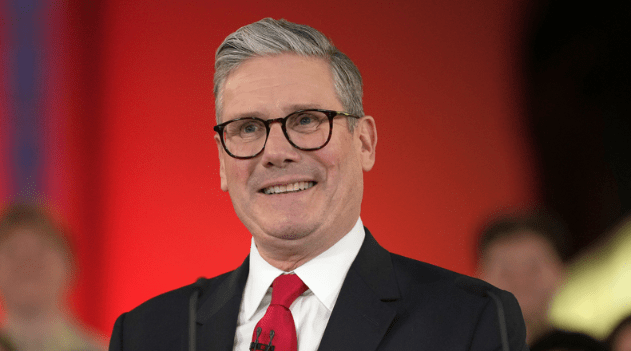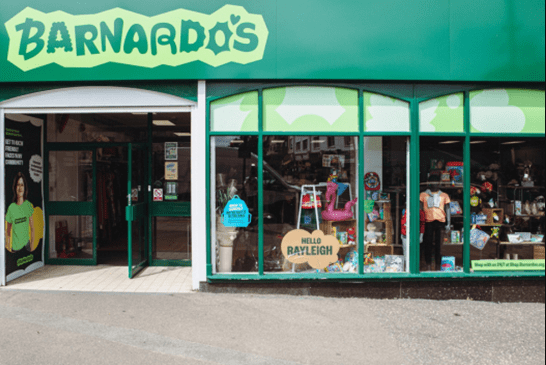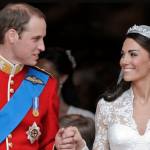Child poverty in the UK could reach record-breaking levels if the government fails to scrap the controversial two-child benefit cap, leading charities have warned.
Leading charities — including Barnardo’s, Save the Children UK, Citizens Advice, and the Child Poverty Action Group — have made a direct plea to Prime Minister Sir Keir Starmer, calling for urgent action to overturn what they describe as a “damaging and deeply unjust” policy.
In a joint letter to Downing Street, the charities highlighted the two-child limit as the “most cost-effective way to reduce child poverty.”
“Scrapping the two-child limit is by far the most cost-effective way to reduce child poverty. It would lift 350,000 children out of poverty overnight and result in 700,000 children living in less deep poverty,” the letter reads.
Brought in by former Chancellor George Osborne in April 2017, the cap blocks parents from receiving child benefits for a third or any additional child born after that point. It sits alongside another benefit cap introduced in 2013 under the Tory-Liberal Democrat coalition, which limits the total amount households can receive.
Charities warn that failure to act could leave child poverty at its worst since records began. The Child Poverty Action Group warns that, if the cap stays in place, the number of children living in poverty could climb from 4.5 million to 4.8 million by 2029.
“If it is not scrapped, the stark reality is that child poverty will be significantly higher at the end of this parliament than when the government took office. The number of children living in poverty will be at its highest since records began,” the letter continues.

Labour MP Rachael Maskell, a long-time opponent of the cap, has called on the government to take urgent action.
“It is vital that the government follows the evidence and heeds the advice of experts,” she told The Independent. “Keeping people, and no less children, out of poverty must be an absolute priority for government… Labour must consign poverty to history.”
Despite Scotland pledging to mitigate the impact of the policy, support payments north of the border aren’t expected to start until 2026.
Economic Tensions and Internal Rebellion
While Sir Keir Starmer has previously expressed a desire to scrap the cap, he maintains that the government funding currently lacks the financial headroom to do so, emphasising the need for economic growth first.
Behind the scenes, tensions within Labour are rising. A faction of Labour MPs is reportedly preparing to rebel against the party’s proposed £4.8 billion welfare cuts. In response, ministers plan to unveil their long-anticipated child poverty strategy shortly before the parliamentary vote.
That strategy is expected to include support for under-fives in low-income families. However, it may fall short of the full removal of the two-child limit, a move critics argue is necessary for any meaningful progress.
Just weeks ago, the Resolution Foundation proposed a compromise — raising the benefit cap to three children. This change, they argued, could reduce child poverty by 320,000 by the next general election, at an annual cost of £3.2 billion by 2030.
A government spokesperson reiterated its commitment to tackling child poverty but fell short of promising to scrap the cap.
“No child should be in poverty – that’s why our Ministerial Taskforce is exploring all available levers to give every child the best start in life as part of our Plan for Change.
Alongside delivering on our Get Britain Working White Paper… we’re increasing the Living Wage, uprating benefits and supporting 700,000 of the poorest families.”
Conclusion
As the government prepares to reveal its child poverty strategy, pressure continues to mount from charities, MPs and policy experts.
With projections painting a grim future for millions of children, the question remains: Will the government act in time, or allow the UK’s child poverty crisis to deepen further?






